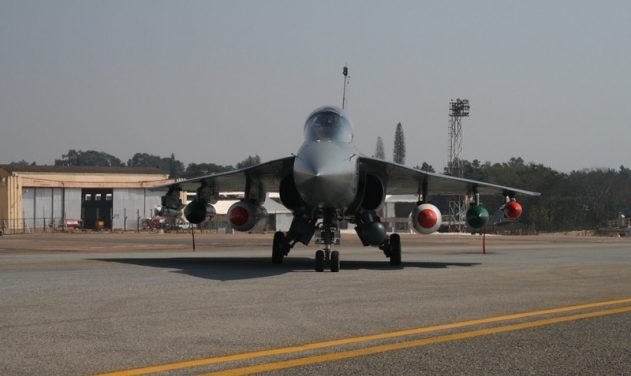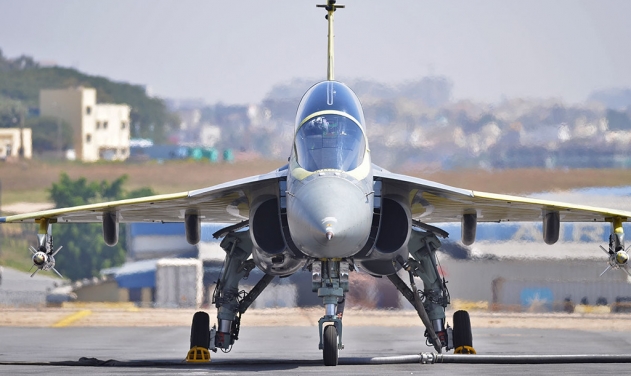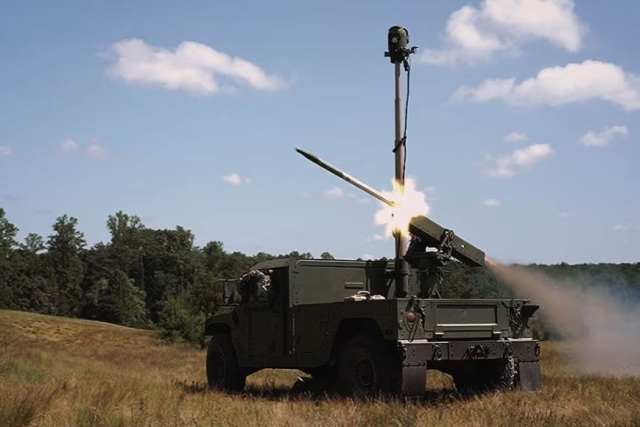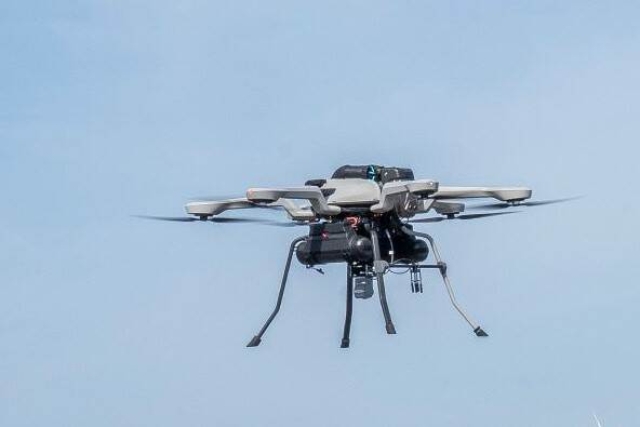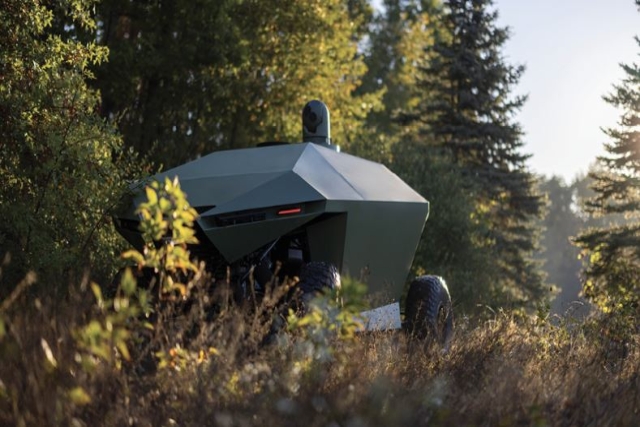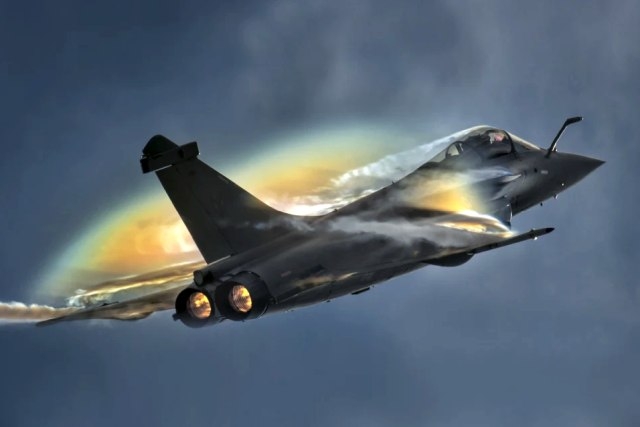Sri Lanka, Egypt Express Interest In India’s LCA Tejas
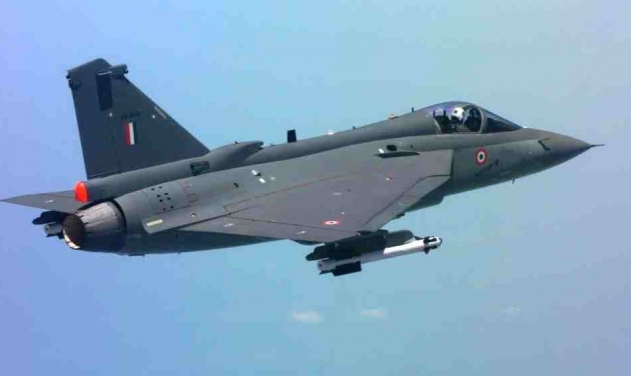
Sri Lanka and Egypt have expressed interest in current version of India’s home-grown Light Combat Aircraft (LCA), ‘Tejas’.
Sri Lanka recently rejected Pakistan’s offer to sell JF-17 thunder. Egypt has signed a contract to purchase 24 Rafale fighter jets. The two countries are interested in the current version of the Tejas and not the upgraded one that is to be rolled out later, PTI reported Tuesday.
However, state-run Hindustan Aeronautics Limited (HAL), the manufacturer of Tejas, is focusing on delivering the aircraft to the IAF first.
“While there is an interest which has been shown (by other countries), let us get the product first to our own customer. The confidence that will come to others when our own Air Force flies it will be immense. So at first, we should at least meet the initial requirement of the IAF,” HAL chairman T Suvarna Raju told PTI.
Refusing to share information on which are the countries that have evinced interest in Tejas, he expressed confidence in his marketing team and said they are equipped to take forward the talks. However, Defence sources said that the two countries which have evinced interest in Tejas were Sri Lanka and Egypt.
He said the “current version is more than enough” for smaller nations.
Two things that go in favour of the Tejas are its lower cost and flying ability.
“We have proved its flying ability and the aircraft, for that class, is a terrific one. We did take some time but we need to remember that DRDO and us did everything from the scratch,” Raju said.
Raju said that the upgraded version of Tejas, with Active Electrically Scanned Array (AESA) Radar, Unified Electronic Warfare (EW) Suite, mid-air refuelling capacity and beyond the vision range missiles, will cost between Rs 275 crore and Rs 300 crore.
Sources said enquiries by foreign countries came during the Bahrain air show in January, the first time that Tejas flew outside the country.
The decision to send Tejas abroad was of Defence Minister Manohar Parrikar, who has put his weight behind the aircraft.
LCA Tejas performed 8-G (gravity) pull, vertical loop, slow fly-past and barrel roll at the air show, which the Indian officials described as “historic”.
Interestingly, soon after the announcement of Tejas’ participation in Bahrain, Pakistan had withdrawn its JF-17 aircraft from the show despite having paid the initial installment which ran into a few millions US dollars.
Tejas is perhaps the world’s smallest lightweight, multi-role single engine tactical fighter aircraft.
JF-17 has been developed jointly by the Pakistan Aeronautical Complex and the Chengdu Aircraft Corporation of China. However, experts feel that the aircraft has been assembled in Pakistan from readymade Chinese kits.
HAL is likely to hand over the fourth Tejas aircraft to the Air Force by June end. The four aircraft will make up the first squadron of IAF which will be used for training and familarisation.
Rather than wait for LAC Mk II, IAF had decided to go for an upgraded version of the existing Tejas with over 40 modifications.
IAF plans to acquire 120 Tejas aircraft, with 100 of these having major modifications.
As per the production plan, six aircraft will be made this year and HAL will subsequently scale it up to eight and 16 aircraft per year.
The LCA programme was initiated in 1983 to replace the ageing MiG-21s planes in IAF’s combat fleet but has missed several deadlines due to various reasons.

